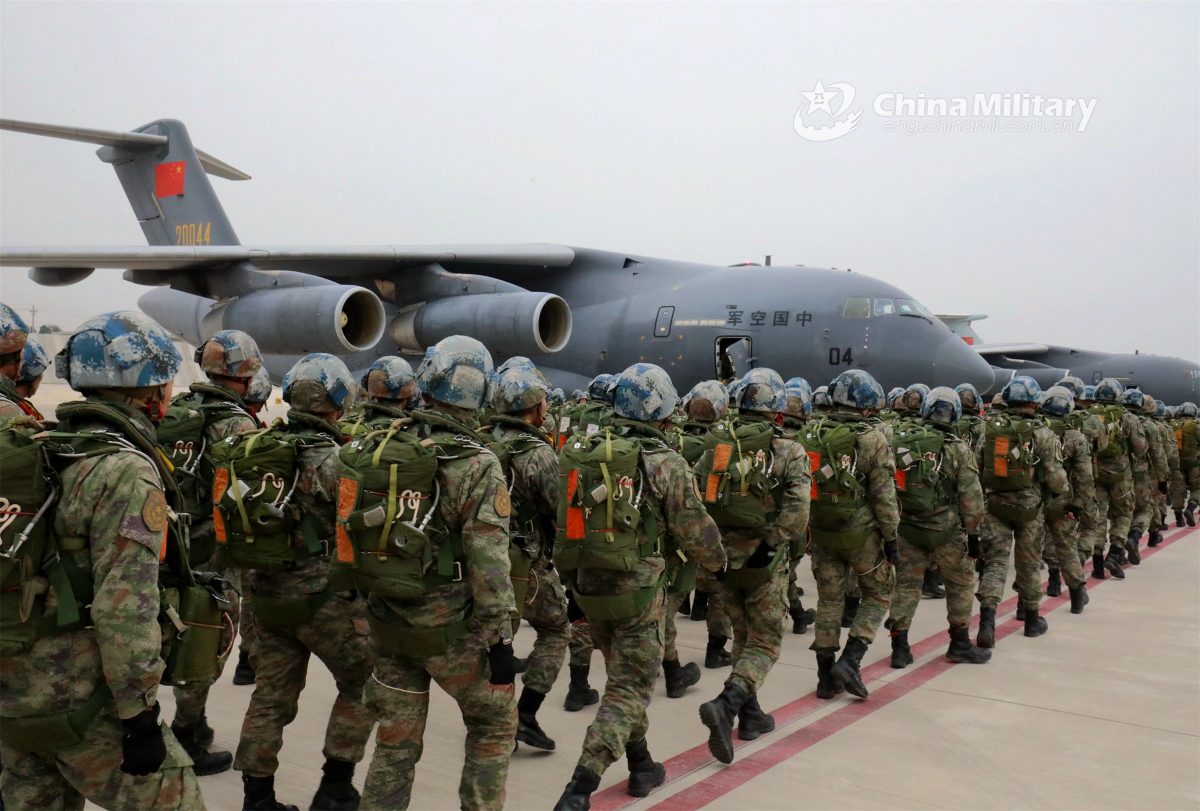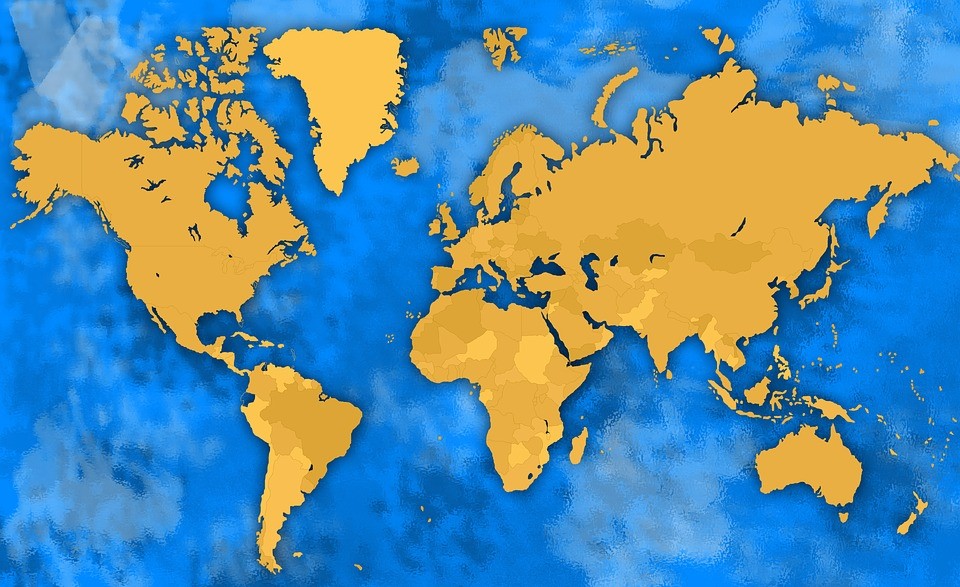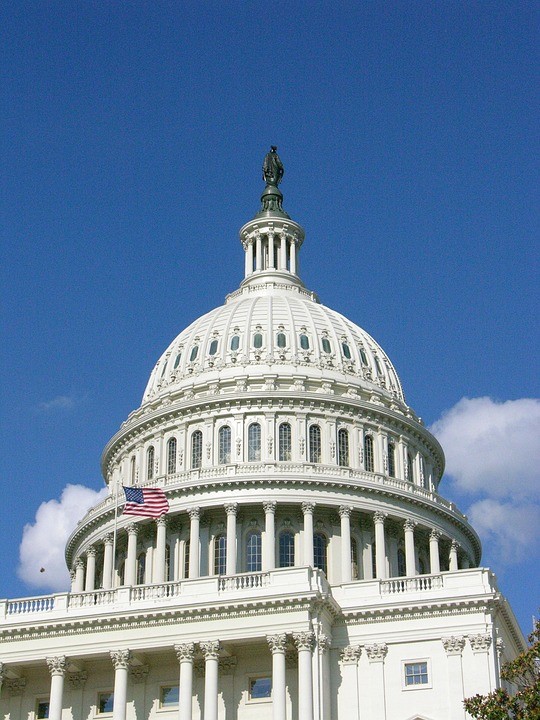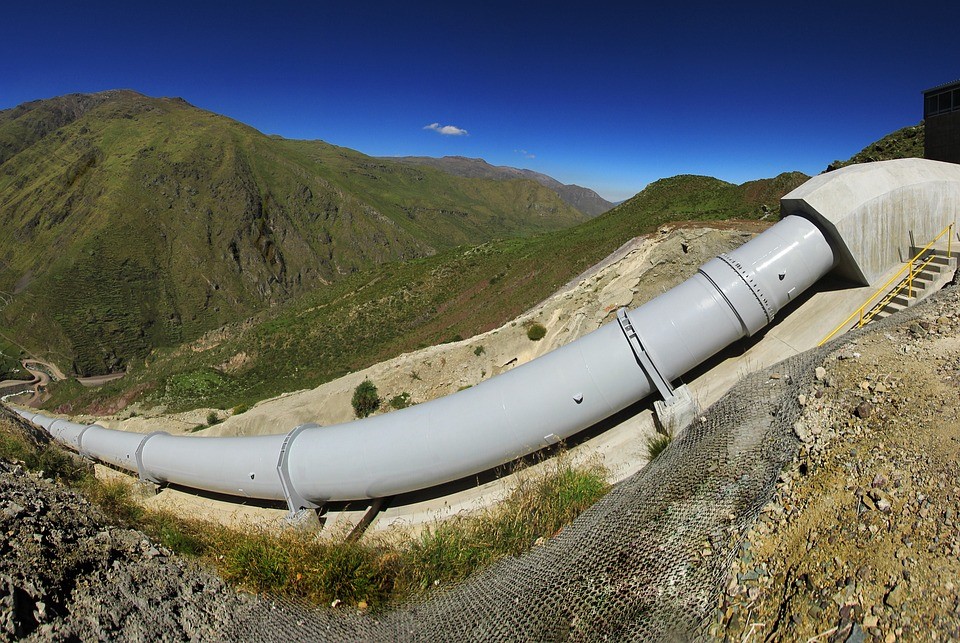The evidence of President Biden’s corrupt ties to China continues to mount.
The discovery of sensitive national security documents placed by Joe Biden in a university center with major financial ties to China has made an intensive investigation of the 46th president’s financial ties to America’s chief adversary a matter of urgent necessity.
The National Legal and Policy Center is filing Freedom of Information Requests with the Department of Justice and the National Archives to determine how approximately a dozen classified documents and other presidential records of the Obama-Biden Administration have been stored at the Biden Center for Diplomacy and Global Engagement in Washington, D.C. The Biden Center is a think tank funded by the University of Pennsylvania, which has received over $60 million in donations from Chinese entities, of which approximately $22 million is anonymous.
The document issue is, of course, not the first questions raised about Biden ties to China. In September, House Committee on Oversight and Reform Ranking Member James Comer (R-Ky.) today is pressing Department of the Treasury Secretary Janet Yellen for information about the Biden family selling American natural gas to China in 2017 and Joe Biden’s involvement. Documents and communications obtained by Committee Republicans reveal Joe Biden was involved in the arrangement as a business partner, had office space, and may have benefitted financially from his family’s transaction selling American energy to a Chinese business closely affiliated with the Chinese Communist Party.
In November, that same Committee’s members also revealed evidence of President Biden’s involvement in his family business schemes and several federal crimes that may have been committed by members of the President’s family. During his remarks, Ranking Member Comer pointed to documents, communications, and information revealing the extent of the Biden family’s influence peddling to enrich themselves to the detriment of U.S. interests. Comer emphasized that the evidence raises troubling questions about whether President Biden is compromised or swayed by foreign dollars and influence.
On the Senate side, Senate Judiciary Committee Ranking Member Chuck Grassley is calling on the FBI to produce specific records in its possession indicating potential criminal activity in the Biden family’s foreign business deals. It remains unclear whether those FBI records, which have been reviewed by Grassley’s investigative staff, have been shared with the Delaware U.S. Attorney’s Office as part of its ongoing criminal investigation into Hunter Biden. Since first raising concern about bias by senior leadership and a double standard by the FBI in politically sensitive investigations, numerous whistleblowers have made legally protected disclosures substantiating these concerns. “Notably, the Justice Department and FBI have not disputed the accuracy of the allegations that I have made public since May 31, 2022. The Justice Department’s and FBI’s continued silence on these matters is deafening and further erodes their credibility.
Grassley revealed a contract, signed by Hunter and James Biden and three other business associates. The contract was part of an arrangement designed to funnel $5 million from the Chinese communist government-connected CEFC to Hunter and James Biden to compensate them for work done while Joe Biden was vice president, according to an FBI interview summary of Tony Bobulinski. But other records held by the FBI reveal frustration by the Bidens about CEFC’s payment being elayed. Records previously released by Grassley and Sen. Ron Johnson (R-Wis.) show James and Hunter Biden ultimately profited from a $5 million payment from a company connected to CEFC via a separate arrangement.
Documents also indicate that Joe Biden was aware of Hunter Biden’s business arrangements and may have been involved in some of them. It remains unclear whether the FBI took appropriate steps to follow up on this information or passed it to the Delaware U.S. attorney’s office.
Illustration: Pixabay









